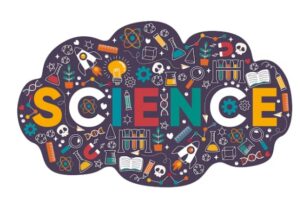 The Impact of Science on Modern Society
The Impact of Science on Modern Society
Science has profoundly influenced modern society, reshaping our lives and advancing our understanding of the world. Its impact is evident across various fields and from technology to medicine. Scientific discoveries and innovations continually drive prod.rrdgress and shaping the future of humanity.
And one of the most significant contributions of it is in the realm of technology. The development of the internet and smartphones has transformed communication. So these advancements, fueled by scientific research, have made information accessible worldwide. In everyday life, technology simplifies tasks and enhances productivity. So it allows us to stay connected with people across the globe instantaneously.
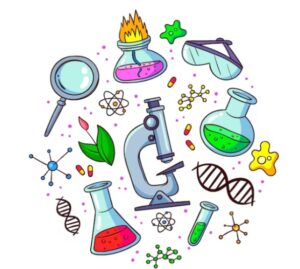 Contribution in medicine
Contribution in medicine
So in medicine, it has led to remarkable advancements in health care. Breakthroughs in genetics, biotechnology, and pharmaceuticals have revolutionized treatments. Diseases that were once deemed incurable are now manageable, and thanks to scientific research. Vaccines and antibiotics have drastically reduced mortality rates and improved quality of life. So the role of science in medicine cannot be overstated because as it continues to save countless lives.
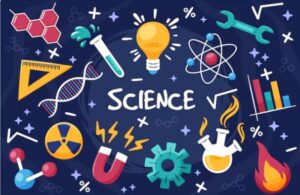 Environment science
Environment science
Environmental science has also gained prominence and addressing the urgent issue of climate change. So research in this field has highlighted the impact of human activities on the planet. Strategies for reducing carbon emissions and conserving resources are informed by scientific studies. Renewable energy sources, such as solar and wind power, are being developed to mitigate environmental damage. So these efforts aim to create a sustainable future for generations to come.
 Agriculture science Agricultural science plays a crucial role in feeding and growing global population. Innovations in crop genetics and farming techniques increase food production efficiency. Scientific research has led to the development of drought-resistant crops and sustainable farming practices. These advancements ensure a stable food supply and even in challenging conditions. As global demand for food rises and it becomes increasingly vital.
Agriculture science Agricultural science plays a crucial role in feeding and growing global population. Innovations in crop genetics and farming techniques increase food production efficiency. Scientific research has led to the development of drought-resistant crops and sustainable farming practices. These advancements ensure a stable food supply and even in challenging conditions. As global demand for food rises and it becomes increasingly vital.
Space exploration
Space exploration but driven by scientific inquiry, has expanded our understanding of the universe. Missions to other planets and the study of distant celestial bodies provide insights into the origins of our solar system. Because space science also yields technological spin-offs that benefit daily life on Earth. Innovations in materials, robotics, and data analysis have practical applications beyond space missions.
The field of psychology has benefited from scientific methods and improving our understanding of the human mind. Research into mental health disorders and cognitive functions has led to better treatments and therapies. Scientific studies help identify the causes of psychological conditions and develop effective interventions. The application of science in psychology enhances overall well-being and mental health.
Visit webs
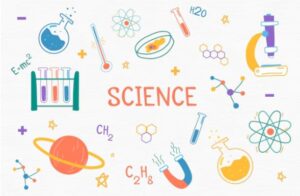 Science in physics
Science in physics
Physics, another fundamental science and underpins much of modern technology. The principles of quantum mechanics and relativity have led to innovations in electronics and communications. Scientific research in physics also drives advancements in energy production and storage. So these technologies are crucial for addressing global energy needs and environmental challenges.
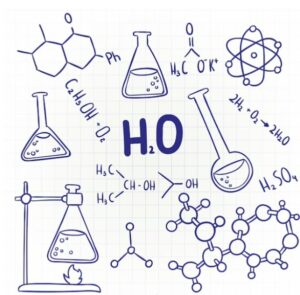 Contribution in chemistry
Contribution in chemistry
Chemistry, too, has a profound impact on our daily lives. It is integral to the development of new materials, pharmaceuticals, and industrial processes. Advances in chemical research lead to more efficient manufacturing and improved consumer products. Chemistry’s role in creating cleaner and more sustainable technologies is increasingly important.
So science education is essential for preparing future generations to tackle global challenges. So promoting scientific literacy equips individuals with the skills to understand complex issues and make informed decisions. Education in science fosters curiosity and critical thinking, encouraging innovation and problem-solving. So the scientific knowledge evolves, so must our educational approaches to keep pace with new discoveries.
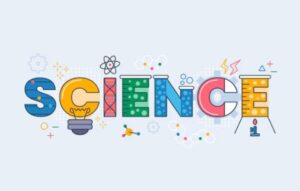 Ethics in science
Ethics in science
Ethics in science is a critical consideration in the advancement of research and technology. Ensuring that scientific practices are conducted responsibly and with integrity is essential. Ethical guidelines govern experiments, data handling, and the application of scientific knowledge. Addressing ethical concerns helps maintain public trust and ensures that scientific advancements benefit society as a whole.
So the integration of it in policy-making is crucial for addressing global issues. Evidence-based policies, informed by scientific research, guide decisions on health, environment, and technology. Policymakers rely on scientific data to create effective regulations and strategies. So this collaboration between science and policy ensures that solutions are grounded in empirical evidence.
So the intersection of science and the arts highlights the diverse ways in which scientific understanding influences culture. Artistic representations of scientific concepts foster public engagement and appreciation. Exhibitions, literature, and media often explore scientific themes, making complex ideas more accessible. This fusion enriches both scientific and artistic domains and promoting interdisciplinary dialogue.
Science fiction
Science fiction, as a genre, often explores futuristic concepts and scientific possibilities. While fictional, these narratives can inspire real-world scientific research and technological innovation. Many technologies once imagined in science fiction are now becoming a reality and demonstrating the impact of creative thinking on scientific progress. This genre stimulates curiosity and encourages exploration of new ideas.
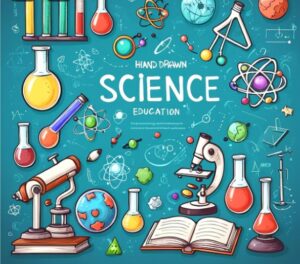 Science in technology
Science in technology
Scientific research continues to evolve with advancements in technology and methodology. The use of artificial intelligence and big data analytics is transforming research practices. So these tools enable researchers to analyze vast amounts of data quickly and accurately. Innovations in research techniques lead to more precise and impactful scientific discoveries.
Public engagement in science is vital for fostering a culture of curiosity and innovation. Science festivals, public lectures, and interactive exhibits make scientific knowledge accessible to a broader audience. Encouraging public participation helps bridge the gap between researchers and the general population. It also promotes a better understanding of science and its relevance to everyday life.
In conclusion, the influence of science on modern society is profound and far-reaching. From technological advancements to medical breakthroughs and environmental solutions, science shapes our world. Its impact extends to education, policy-making, and cultural expression. As we continue to explore new frontiers and address global challenges, science remains at the forefront of progress and innovation. So the future of humanity depends on our continued commitment to scientific inquiry and discovery.
2 thoughts on “Science”